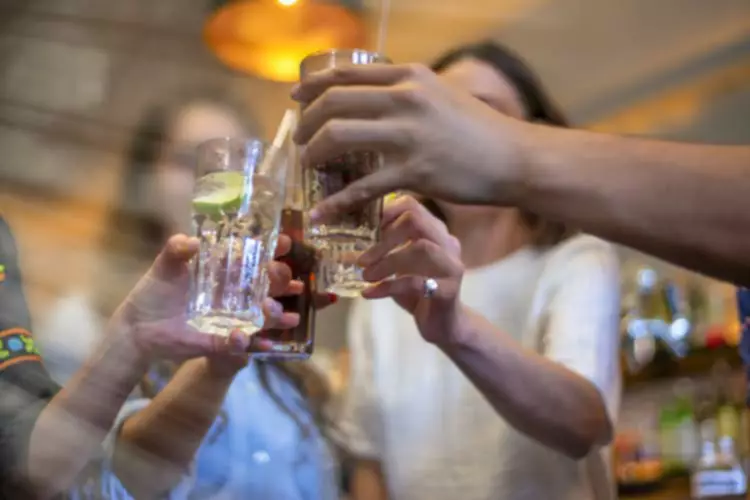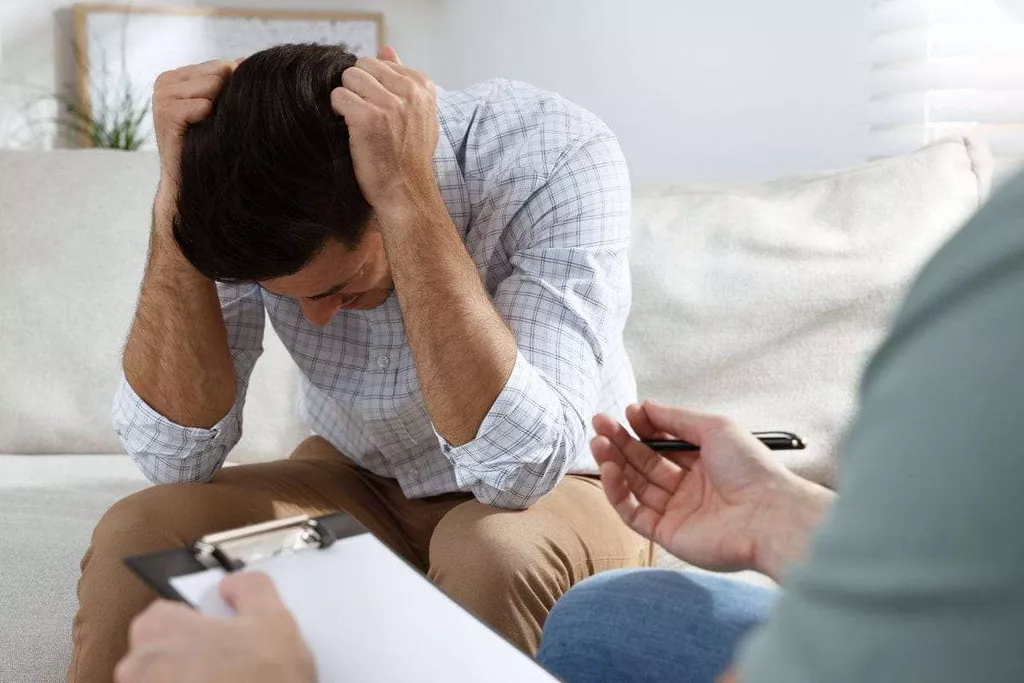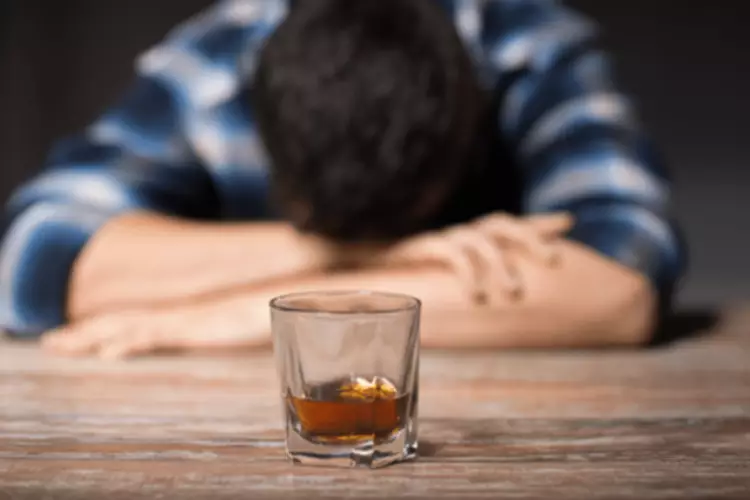
Those in recovery need to learn that feeling uncomfortable is not a state that needs remediation. Coping methods learned in therapy help people remain grounded and reduce the craving for the escapism of substance abuse. Alcohol is particularly difficult because so many people view drinking as normal, and it can crop up in unexpected places like office parties or even a neighborhood potluck.
- By understanding common triggers and developing effective coping strategies, individuals in recovery can navigate the challenges they face and build a stable, fulfilling life free from substance use.
- These techniques include mindfulness practices, meditation, and deep-breathing exercises, which can calm the mind and create space for emotional regulation.
- Explain to yourself that you recognize the trigger, you’re taking steps to remove yourself from the situation and you don’t allow the trigger to have any power over you.
- Relapse triggers are events, situations, or emotions that can lead to a strong desire to seek out drugs and alcohol again, potentially resulting in alcohol abuse.
What medications and devices help treat drug addiction?
Embrace what is Oxford House the learning opportunity inherent in setbacks, adjust your approach, and reinforce your commitment to a healthier path. Remember, resilience is a key part of recovery in alcohol rehab centers in Pennsylvania, and each day presents a new opportunity for growth and progress. Each person has triggers specific to their own experience with addiction, and identifying your own substance use triggers is not always easy. The physical symptoms of triggers vary, and can include a tightening or sinking feeling in the stomach. Cravings may intensify at this stage, and the client may reminisce fondly about people they once used with and places they used to go. Elevated levels of anxiety and depression are significant precursors to relapse for individuals recovering from substance use disorders.
- Some people experience a whirlwind of emotions when seeing old friends and loved ones, which can trigger the desire to have a drink.
- Recognize that cravings are inevitable and do not mean that a person is doing something wrong.
- Learning how to cope with your emotions as they surface without having to turn to substances is essential in your recovery.
- Certain locations, such as bars, clubs, or even specific neighborhoods, can evoke strong associations with past substance use or addictive behaviors.
- If you do get caught off guard and slip-up, it does not mean that you are a failure and doomed to drug addiction forever.
Uncomfortable emotions
A better understanding of one’s motives, one’s vulnerabilities, and one’s strengths helps to overcome addiction. Recovery is a journey filled with challenges, but it is also an opportunity for growth and renewal. Those struggling with addiction should remember that support is available, and taking proactive steps can lead to a fulfilling, substance-free life. If you or someone you know is grappling with addiction, reach out for help—recovery is possible, and you are not alone. You may not be able to walk relapse triggers list that path for them, but you can help them stick to it—and help guide them back to it if they should lose their way.
- The places you used to use drugs or drink alcohol carry strong memories and may cause you to linger on thoughts of using again.
- Another useful side effect of our technology-steeped society is that distraction is easy to come by.
- This may be evidenced by increased isolation and avoidance of one’s sober support system.
- For example, celebrating these milestones may provide a tempting excuse to give into old habits.
Signs of Relapse
Consider keeping a journal or using a relapse prevention app to track your thoughts, feelings, and behaviors, as well as the events or circumstances that precede any urges or cravings. This can help you identify patterns and pinpoint your personal triggers, allowing you to develop personalized strategies for managing them. Another red flag warning to pay heed to and another most common cause of relapse involves the line of thinking that “I’m not an addict, and, besides, I can handle it” (drinking, drug use). After successfully maintaining abstinence for a continuous period, the person in recovery may begin to believe that what initially got them addicted to drugs and alcohol no longer applies. At United Recovery Project, our holistic and evidence-based approach addresses the root causes of addiction triggers. Through individual therapy, specialized trauma work, and family support systems, you’ll learn to identify and effectively respond to your specific triggers.

Experts in the recovery process believe that relapse is a process and that identifying its stages can help people take preventative action. Talk to your friend or family member about their feelings and experiences. Don’t https://ecosoberhouse.com/ force them to talk if they are unwilling, but do encourage them to share whatever they feel able to. When expressing yourself, take care to focus on your love for them, and remind them that you are concerned only because you care.

External vs. Internal Triggers

Those ways are essential skills for everyone, whether recovering from addiction or not—it’s just that the stakes are usually more immediate for those in recovery. Many experts believe that people turn to substance use—then get trapped in addiction—in an attempt to escape from uncomfortable feelings. Negative emotions—such as sadness, anger, loneliness, or boredom—are powerful relapse triggers. Many people struggling with addiction use substances to numb or escape these feelings. Consequently, when confronted with emotional distress, the urge to use can resurface.

For example, you may feel a lot of anger when you run into your ex-boyfriend and his new girlfriend at the store, which may make you want to drink. Or, when you’re out having fun with your friends, you may feel confident and in control, so you may permit yourself to smoke marijuana because you convince yourself that you deserve it. Not everyone will relapse, but for some, it can be a part of the recovery process. To fully recover from addiction, you must modify the harmful behavioral and thought patterns in your life. If you relapse, it’s a red flag that you need to get with your doctor or treatment provider to resume treatment or modify your existing treatment plan. Although these numbers may be discouraging, the important thing to remember is that relapse is not a sign that addiction treatment failed.

When someone has a problem with alcohol or another drug, they may decide to make changes to their behaviors, beliefs, relationships, habits, and thought patterns in order to address the problem. Often, this includes abstinence from using the substance and/or a decision to become sober (abstaining from all alcohol and drug use). When a person has committed to and begun to make these changes, they can be said to be “in recovery” from their problem.
